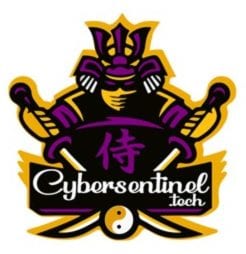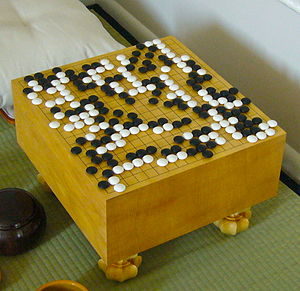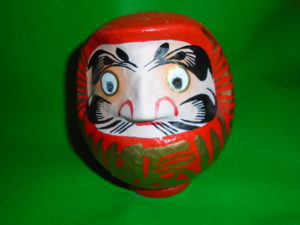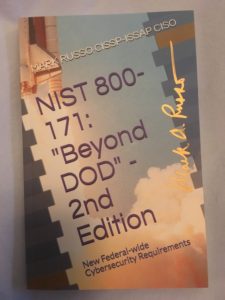We play chess, they play WEI-QI
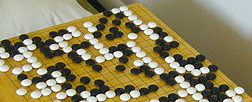
How the Chinese are beating us in the long game
The games we play as children tell us many things. While in the classic West, we play the “kinetic” games of checkers, tic-tac-toe, and chess. Their goal is to quickly and completely defeat and destroy our opponent typically in head-to-head attacks. There is strategy, and surreptitious planning several moves ahead, but we are still Clausewitzian in our approach. Attack, overwhelm by force, and win.
The Chinese are very driven by the historical assaults within its own empires and abroad. There is still an underlying hatred of Imperial and present-day Japan, and that still haunts the Chinese leadership; they have a long memory of the defeats; however, they still treat their current day “enemies” as unchanged and wanting to re-dominate them in the international arena.
From the works of Sun Tzu, the “Chinese general, military strategist, writer and philosopher who lived in the Eastern Zhou period of ancient China. Sun Tzu is traditionally credited as the author of The Art of War, an influential work of military strategy that has affected Western and East Asian philosophy and military thinking.”
What if Sun Tzu too was influenced by a regional game known as WEI-QI (way-ji)?
The Chinese ongoing approach to winning in the 21st Century may in fact be traced to the game taught to many of its children–and future generals and politicians. Weiqi, also known as ‘GO’ in parts of the region. It is a game of encirclement. It is a methodical game that requires keen strategy and patience. It may in fact explain China’s ability to manipulate its enemies as based upon this game of planning and strategy. It may explain why the US is so dumb-founded. We are confused by how the Chinese take a little and give a little, but all may be understood if we better understood a “child’s” game in any culture–East or West.

Michael Pillsbury’s book on Chinese political and military strategy, “The Hundred-Year Marathon,” describes this long game and how the Chinese have masterfully “played” the former Soviet Union and now its ongoing engagement with the United States. Now that they have huge access to capital, the Chinese government is encircling its foes in the areas of computers, artificial intelligence, and robotics, just to mention a few. It also begs the question, what’s next??
“It’s not that China is playing by their own rules. They are playing a whole different game.”
What do you think?

Dr. Russo is currently the Senior Data Scientist with Cybersenetinel AI in Washington, DC. He is a former Senior Information Security Engineer within the Department of Defense’s (DOD) F-35 Joint Strike Fighter program. He has an extensive background in cybersecurity and is an expert in the Risk Management Framework (RMF) and DOD Instruction 8510, which implement RMF throughout the DOD and the federal government. He holds a Certified Information Systems Security Professional (CISSP) certification and a CISSP in information security architecture (ISSAP). He has a 2017 Chief Information Security Officer (CISO) certification from the National Defense University, Washington, DC. Dr. Russo retired from the US Army Reserves in 2012 as a Senior Intelligence Officer.
